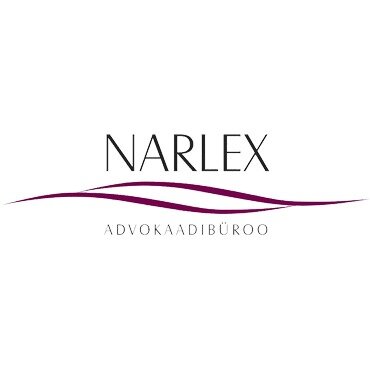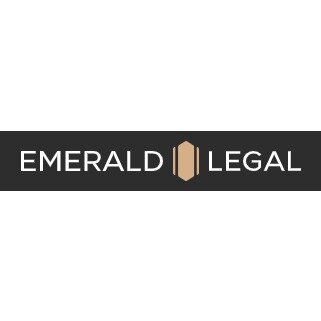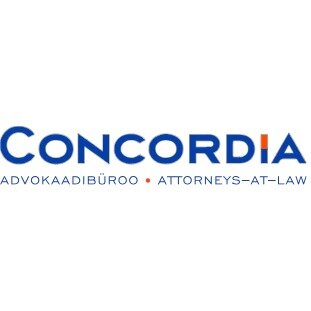Best Licensing Lawyers in Tallinn
Share your needs with us, get contacted by law firms.
Free. Takes 2 min.
List of the best lawyers in Tallinn, Estonia
About Licensing Law in Tallinn, Estonia
As Estonia's government is highly advanced in terms of digital processes, licensing laws in Tallinn are notably efficient and well-organised. Licensing rules and requirements might vary depending on your industry. Besides, Mandatory licenses are regulated by governmental departments and are required for certain activities such as trade and operations, alcohol sales, electricity production, etc. Licensing laws in Estonia are designed to protect both businesses and consumers, and failure to comply with these laws can result in penalties, fines, or business closure.
Why You May Need a Lawyer
Though Estonia's e-governance system simplifies a lot of procedures, some matters might still require professional legal assistance. For instance, if you're unsure about the type or scope of the license you need, a lawyer with expertise in Estonian licensing laws can provide valuable assistance. Moreover, if the procedure involves dealing with complicated paperwork, complicated legal requirements, fraud allegations, or if you face penalties for noncompliance with licensing laws, it's highly advisable to seek legal advice.
Local Laws Overview
Licensing laws in Tallinn, Estonia, broadly fall under the European Union's commercial regulations as Estonia is part of the EU. The central law that manages the organization of licenses is the 'Licence Act'. If a specific area of activity is heavily regulated, then specific acts may supplement this central act. Estonia's unique e-Residency program also allows global entrepreneurs to start and manage an EU-based company online, requiring specific licensing and regulations. Non-compliance with licensing laws can lead to fines and penalties or, in severe cases, closure of the business.
Frequently Asked Questions
1. What is the process of obtaining a license?
In general, applying for a license requires submitting an application to the relevant governmental department, along with supporting documents and fees.
2. How long does it take to obtain a license?
Processing times may vary, but typically, you can expect it to take anywhere from a few weeks to several months, depending on the type of license.
3. Can I operate without a license?
Running a business that needs licensing without obtaining the mandatory license can result in fines, penalties, and even a forced closure of the business.
4. What if my license application is rejected?
If your license application is rejected, you can appeal the decision within 30 days of receiving notice of the rejection.
5. How often do I need to renew my license?
The frequency of renewal varies depending on the type of license. Details regarding renewal should be stated explicitly in the license certificate.
Additional Resources
In Estonia, governmental bodies like the Ministry of Justice, the Ministry of Economic Affairs and Communications, Consumer Protection and Technical Regulatory Authority can provide substantial insight and resources related to licensing. Reliable online portals such as eesti.ee also provide valuable information.
Next Steps
If you believe you require legal assistance with licensing in Tallinn, Estonia, we advise you to consult with a local lawyer who specializes in licensing law. They can guide you through the process, help you understand the requirements, and assist you in case of any complications.
Lawzana helps you find the best lawyers and law firms in Tallinn through a curated and pre-screened list of qualified legal professionals. Our platform offers rankings and detailed profiles of attorneys and law firms, allowing you to compare based on practice areas, including Licensing, experience, and client feedback.
Each profile includes a description of the firm's areas of practice, client reviews, team members and partners, year of establishment, spoken languages, office locations, contact information, social media presence, and any published articles or resources. Most firms on our platform speak English and are experienced in both local and international legal matters.
Get a quote from top-rated law firms in Tallinn, Estonia — quickly, securely, and without unnecessary hassle.
Disclaimer:
The information provided on this page is for general informational purposes only and does not constitute legal advice. While we strive to ensure the accuracy and relevance of the content, legal information may change over time, and interpretations of the law can vary. You should always consult with a qualified legal professional for advice specific to your situation.
We disclaim all liability for actions taken or not taken based on the content of this page. If you believe any information is incorrect or outdated, please contact us, and we will review and update it where appropriate.















